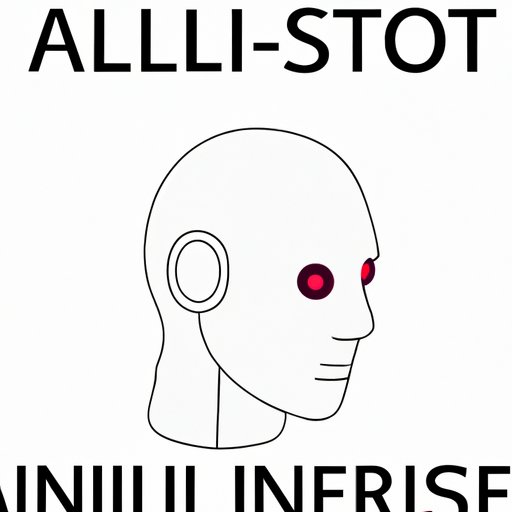Introduction
Artificial intelligence (AI) is a rapidly growing field of technology that enables machines to “think” and act like humans. AI has the potential to revolutionize many aspects of our lives, from healthcare to transportation. However, there are also some potentially negative impacts of AI on society that must be considered. This article will explore why AI is bad for society, and discuss potential solutions to address these issues.
Loss of Jobs
One of the main reasons why AI is bad for society is the potential for job loss. As AI technologies become more advanced, they can increasingly replace humans in many tasks. According to a study by McKinsey Global Institute, up to 800 million jobs could be displaced worldwide by 2030 due to automation and AI.
This could have a major impact on employment and economic activity. As fewer people are employed, there will be less money circulating in the economy, leading to lower wages and slower economic growth. This could lead to increased poverty and inequality, as those most affected by job losses are likely to be low-income workers and those without access to educational opportunities.
Privacy Concerns
Another reason why AI is bad for society is the potential for misuse or abuse of data. AI relies heavily on data collection and analysis, which raises serious privacy concerns. Companies may collect personal data without users’ knowledge or consent, and use it for marketing or other purposes. They may also sell this data to third parties without users’ permission.
In addition, AI algorithms can make decisions about individuals based on their data, such as whether to approve a loan or grant insurance coverage. These decisions may be biased or inaccurate, leading to unfair outcomes for certain individuals.
Unintended Consequences
AI can also have unintended negative impacts on society. For example, AI-powered facial recognition technology can be used for surveillance and monitoring, which could lead to increased levels of social control and decreased civil liberties. Similarly, AI-driven automation could lead to increased economic inequality between those who can afford to purchase the technology and those who cannot.
Security Risks
AI systems are also vulnerable to cyber attacks. Since AI systems are connected to the internet, they can be hacked or manipulated by malicious actors. This could lead to the theft or manipulation of sensitive data, or even the disruption of critical services such as power grids or transportation networks.
Bias
Finally, AI systems can be prone to bias. Because AI algorithms are trained on existing data sets, they may perpetuate existing biases or introduce new ones. For example, facial recognition systems have been found to be less accurate for certain ethnic groups, leading to potential discrimination.
Conclusion
In conclusion, AI can have a negative impact on society, including job loss, privacy concerns, unintended consequences, security risks, and bias. To address these issues, governments and companies should take steps to ensure responsible use of AI, including proper regulation and oversight, as well as investment in education and training to help people adapt to the changing job market.
(Note: Is this article not meeting your expectations? Do you have knowledge or insights to share? Unlock new opportunities and expand your reach by joining our authors team. Click Registration to join us and share your expertise with our readers.)
